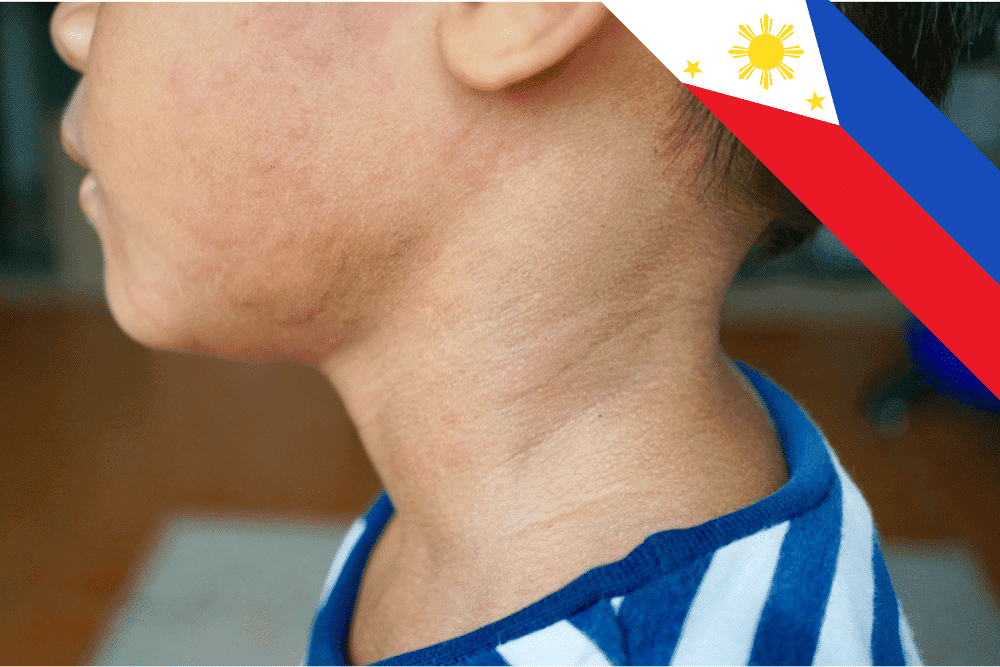In a remarkable stride towards public health, the Philippines’ Department of Health (DOH) has administered measles vaccinations to 646,840 children nationwide.
This significant achievement represents a pivotal step in fortifying the health of Filipino youth against the perils of the highly contagious measles. Let’s delve into the intricacies of this vaccination drive, the challenges encountered, and the broader implications for public health in the Philippines.
Vaccination Drive Progress
During a recent media briefing, DOH Secretary Teodoro Herbosa underscored the substantial progress achieved in the vaccination campaign. The figure of 646,840 vaccinated children translates to approximately 47 percent of the 1,381,540 million Filipino children eligible for measles immunisation. Secretary Herbosa stressed the necessity of expanding vaccination efforts. Additionally, he focused on regions like the Bangsamoro Autonomous Region of Muslim Mindanao (BARMM). Many children in those areas have remained unvaccinated for an extended period.
Statistics reveal that 91,309 children aged six to 23 months, 205,234 children aged two years and below five years, and 350,337 children aged five to nine years have received the measles vaccine. Encouragingly, adverse effects following vaccination have been minimal, with only three reported cases of fever and vomiting.
Challenges and Resumption of Immunisation Campaign
Despite commendable progress, challenges persist, especially in regions like BARMM. The immunisation campaign in BARMM was temporarily suspended on April 10 to commemorate Eid al-Fitr. This temporary halt, followed by the campaign’s resumption on April 11, emphasises the flexibility and responsiveness of health authorities in navigating cultural sensitivities while prioritising public health imperatives.
BARMM has reported a significant portion of measles cases. Approximately 1,600 out of the nationwide total of around 2,500 reported cases are from the region. Secretary Herbosa refrained from declaring a nationwide outbreak, citing high vaccination rates in other areas. However, the focus remains on swiftly addressing the outbreak in BARMM. Consequently, there is a targeted timeline of four to six weeks to curb transmission.
National Measles Immunisation Goals
Nationwide, the DOH is steadfast in its commitment to vaccinate 90 percent of children aged six months to 10 years to control measles cases effectively. Measles, a highly contagious airborne disease, poses a significant public health threat, transcending age groups. The vaccination drive is a critical preventive measure to mitigate disease spread and safeguard vulnerable populations.
The Importance of Measles Vaccination
Measles is a preventable disease that can precipitate severe complications, including pneumonia, encephalitis, and death. Its transmission occurs through respiratory droplets, underlining the indispensability of vaccination in interrupting the chain of infection. Immunisation shields vaccinated individuals and fosters herd immunity, diminishing the overall risk of outbreaks within communities.
Community Engagement and Education
In tandem with vaccination efforts, community engagement and education are pivotal in promoting vaccine acceptance and addressing hesitancy. The DOH collaborates with local health authorities, community leaders, and stakeholders to disseminate accurate information about measles and the significance of vaccination. By nurturing trust and understanding, these initiatives surmount barriers to vaccine uptake and ensure equitable access to immunisation services.
Navigating Towards Healthier Horizons
The Department of Health’s unwavering commitment to immunisation epitomises a proactive stance in combating measles. As vaccination campaigns persist nationwide, concerted efforts are indispensable to achieve comprehensive vaccine coverage and thwart further outbreaks. The nation progresses toward realising its aspiration through sustained initiatives, community engagement, and education—the ambition of controlling and ultimately eliminating measles thereby securing the health and prosperity of future generations.

